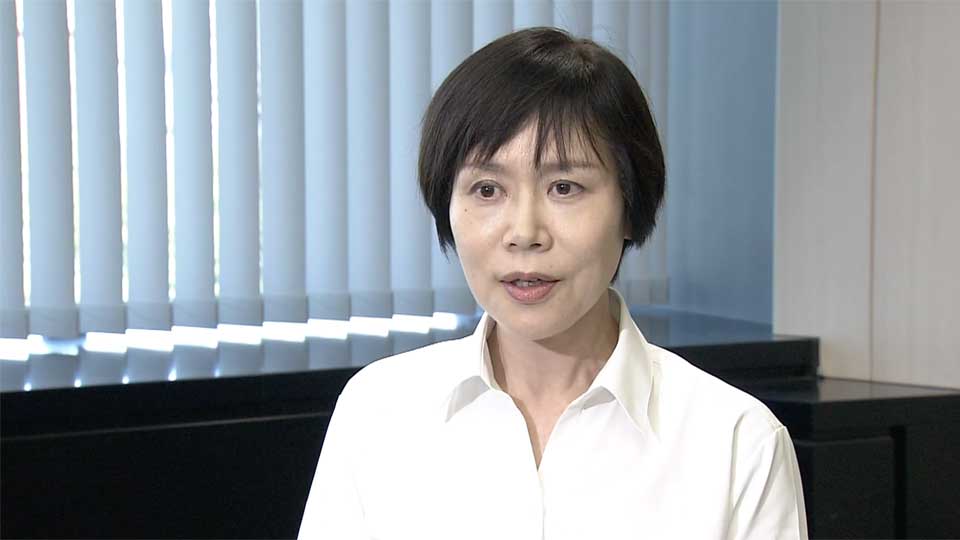On the first day of his trial at the Tokyo District Court on Monday, 34-year-old Nagayama Kento pleaded guilty to drug possession, in violation of Japan's Cannabis Control Law. He admitted that he started using marijuana about 15 years ago, when he was a teenager.
Nagayama's trial comes after another high-profile drug case earlier this month. A 21-year-old member of Nihon University's American football team was arrested for possessing marijuana and a stimulant drug at his dormitory. The university chairperson apologized for the incident at a press conference which attracted a large crowd.
Japan bans marijuana, and the laws against it are strictly enforced. Despite this, data collected by the National Police Agency shows the number of Japanese teenagers using it has steadily increased in recent years.
Many drug cases involve young people
NHK asked a 20-year-old company employee whether he had ever been encouraged by someone older to smoke marijuana together. He said that he had.
Another 20-year-old company employee said he thinks many young people in Japan have as casual an attitude toward marijuana as they have toward tobacco. He said they do not appear to view marijuana as a very dangerous drug.
One 19-year-old student told NHK that she met one of her friends for the first time in a long time, and was surprised to find her friend had started smoking marijuana and was "hooked on it."
She said it was very difficult to continue conversations with her friend. She asked her when she started smoking marijuana, and her friend just said she began using it when older students encouraged her to give it a try.

The National Police Agency said 5,342 people were involved in cases related to possessing, distributing or growing marijuana last year. Teenagers and people in their 20s accounted for more than 70 percent of that total.
Social media could play role in rising marijuana use
Some of the young people interviewed by NHK said social media could be playing a role in the increasing use of marijuana.
A 20-year-old university student said he has seen posts offering marijuana for sale, which often include emojis for vegetables. He said such posts increase the perception that the drug is an everyday item.

Tokyo police found that an account on X, the social media platform formerly known as Twitter, was a kind of market place for marijuana.
A recent post features an emoji for broccoli, which is sometimes used as a symbol for marijuana.
The post advertises "only the highest quality" product, and states that "the quality, quantity, and the experience it offers, is absolutely guaranteed."
It includes contact information on the encrypted Telegram platform, and promises that the item's transaction will be conducted in person.
Takahashi Masayo, superintendent of the Tokyo Metropolitan Police Department's Drugs and Firearms Division in the Organized Crime Control Bureau, said casual users can quickly turn into drug dealers.
She said one university student tried marijuana purely out of curiosity, and just a few months later, the student started selling the drug.

Marijuana use could affect brain development
Professor Kimura Fumitaka from Jikei University of Health Care Sciences specializes in neuroscience. He warns that using marijuana poses serious health risks, especially for young people.
Kimura conducted an experiment to give young mice a cannabinoid, a substance found in marijuana.

The left image is the brain of a mouse given a cannabinoid in Kimura's experiment. The white areas, which indicate neural circuits in the cerebral cortex, are thinner than those of the control mouse on the right.
Kimura said thinner neural circuits in human brains could affect people's vision and hearing, as well as their personality and their capacity for judgement.
Kimura said exposure to cannabinoids could hinder the development of a teen's frontal lobe, which plays an important part in personality formation. He said the neural circuits that "help make someone human" could fail to develop.
Kimura also warned that marijuana works in a similar way to stimulant drugs. He said people may think using marijuana once or twice would be fine, but even such limited use could have a serious impact.




